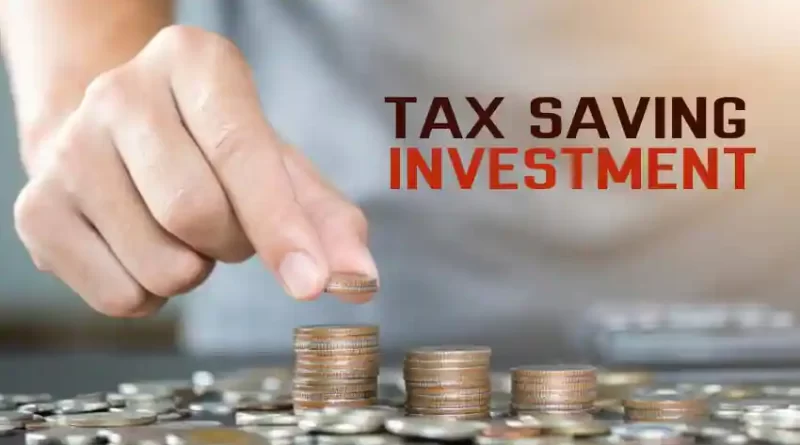Best Tax Saving Investments
Choosing the best tax saving investments is a crucial part of any financial strategy. Getting it right requires research, analysis, and the help of an experienced financial advisor.
Investing in the right products can be the difference between paying high taxes and keeping all of your hard-earned money. Some of the top strategies for minimizing taxes include a buy-and-hold investing approach and tax efficient options such as exchange traded funds (ETFs).
Equity-linked savings scheme
One of the best tax saving investments is an equity-linked savings scheme, also known as ELSS. These funds allow you to save tax under Section 80C of the Income Tax Act and provide you with a great opportunity to grow your money.
ELSS mutual funds are open-ended funds that invest a major part of their corpus in equity and other equity-related securities. They offer investors a high return potential and are considered the best tax saving investments by the government of India.
In a competitive market, investors scan for options that can offer them better returns and lower costs than other traditional investments. The best tax saving investments for individuals are PPF and ELSS.
Investors can choose to invest in an ELSS fund by investing a lump sum or in regular monthly amounts via SIPs. However, it is important to note that ELSS units can only be redeemed after the lock-in period of three years.
National savings certificate
One of the best tax saving investments, the national savings certificate is a government-backed fixed income instrument. It offers guaranteed returns and annual tax savings of up to Rs. 1.5 lakh.
It can be purchased in different denominations, ranging from Rs. 100 to Rs. 10,000, and has a lock-in period of 5 years or 10 years.
The interest earned on the certificates is a fixed amount, which currently stands at 6.8% per annum (revised every quarter by the government). This ensures that you can earn a regular income from your NSC.
It also qualifies for a tax deduction of up to INR 1.5 lakh under Section 80C of the Income Tax Act, 1961. You can claim a tax deduction on the amount invested in the National Savings Certificate as well as any accrued interests, which is credited back to your principal investment.
Unit-linked insurance plan
A unit-linked insurance plan (ULIP) is a tax saving investment that offers the benefits of life cover and market-linked returns. A small portion of the premium goes towards life cover protection, while the rest is systematically invested in a variety of debt and equity funds.
A ULIP is one of the best tax saving investments for people who are looking for financial protection as well as a way to grow their wealth. These plans are convenient, flexible and work well for people from different investor classes.
ULIPs offer a double benefit of life insurance coverage and savings in market-linked investments, which help investors build a substantial wealth over the long term. They also help people develop a habit of disciplined savings, which is essential for building a strong financial future.
ULIPs allow you to choose from a range of equity and debt fund options based on your risk appetite and knowledge of the market’s performance. They also offer flexibility to switch between different fund options throughout the policy term, and partial withdrawals are tax-free.
Pension plan
A pension plan is an employee-sponsored retirement plan that guarantees a certain amount of income for life after retirement. This type of plan is typically offered by government entities and unions.
When an employee is enrolled in a pension plan, they will typically be required to contribute a percentage of their earnings into the fund. Employers may also make matching contributions.
These plans are considered to be one of the best tax saving investments for a worker. This is because they are usually tax-deferred, meaning that the money is not taxable until it is removed from the plan.
However, pensions can be more risky than other retirement plans. Employees aren’t involved in the investment decisions, and they don’t have control over whether their money is invested wisely.

